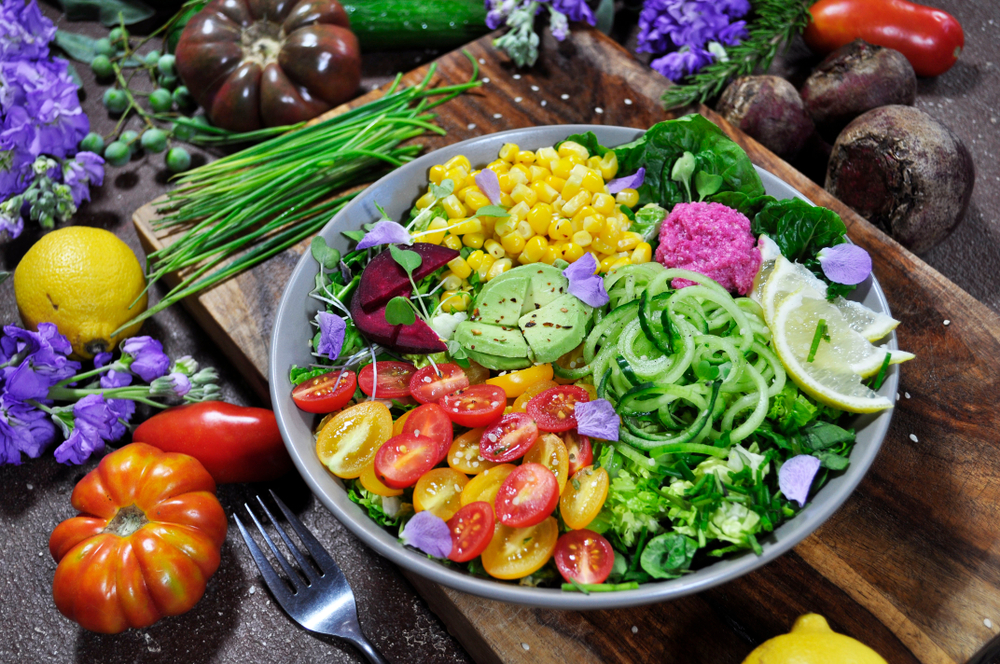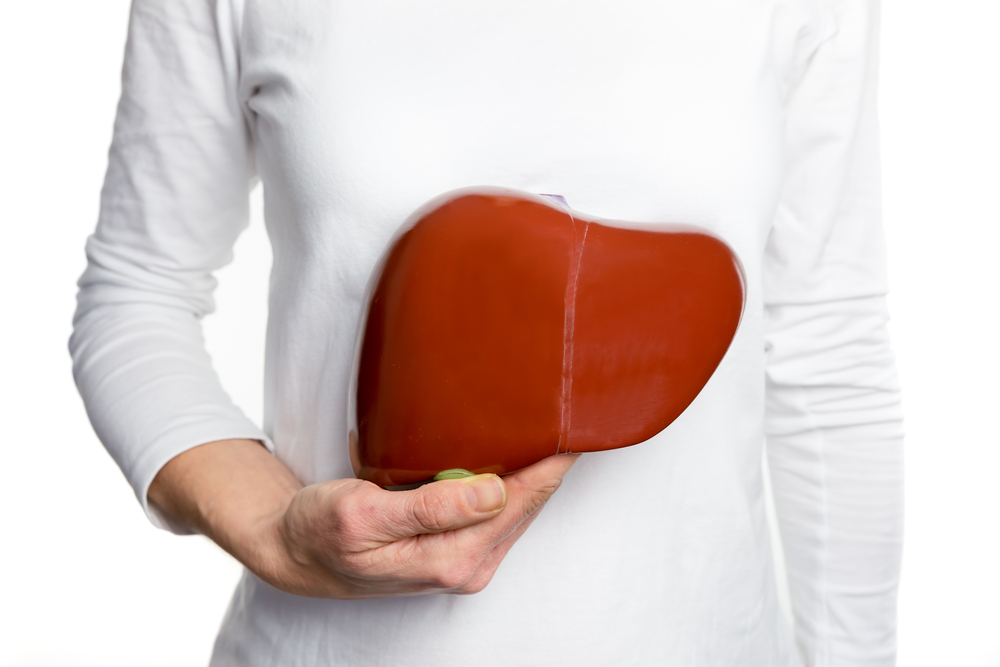Eating can be a pleasurable experience, but is essentially a means for survival. Our diet plays a huge role in determining the length and quality of life we will have. Whether we realize it or not, the same applies to the environment.
A lot of our food choices have a negative impact on the planet. For instance, many of the environments that cattle are raised in prior to being used for beef-based protein sources damage their environments. Cattle produce large amounts of methane, which is almost two dozen times more toxic than car emission carbon dioxide. Due to the declining tree population, carbon dioxide is not properly being repurposed. Instead, it is contributing to air pollution while it lingers for extended periods of time.
In addition to our suffering ecosystems, humans are suffering based on poor dietary habits. The same cattle that are polluting our air are being pumped with hormones and fed to the general population. Companies sell large portions of beef and while that may seem like a good thing, regularly consuming red meat has a direct correlation to people suffering from obesity, heart and kidney problems, and cancer.
Environmental disintegration in conjunction with physical disabilities based on what we consume should be signs that a change in diet that will positively impact our environment is necessary for our survival. The best part is, a lot of these issues can be solved by lowering our meat consumption. Majority plant-based diets have numerous health benefits that sacrifice minimal to no amounts of nutritional value.
An example of an affordable plant-based protein source is beans. Beans are fibrous and contain folic acid, which helps with brain development. Their production also has a very small impact on the environment. Organic fruits and vegetables are also highly beneficial to both the planet and our health.
Vegetables are a great protein source. Being that our population currently gets 15% of their protein from plants, boosting our intake by 10% is a sustainable solution that benefits the relationship humans share with the planet. By decreasing meat-based protein consumption, organic produce becomes more affordable. Conventionally grown produce has pesticides that harm the environment as well as our bodies and contribute to the population’s health crisis.
For people in our communities concerned about the plant sources sold in grocery stores, various brands have joined an initiative to help minimize the amounts of chemicals in their foods, which have a positive impact on our health. Other changes like investing in a water bottle rather than using single-use plastic bottles and eating less processed sugars and fats make a huge difference. The containers are not bio-degradable and processed foods have a hard time breaking down in our bodies.
These simple lifestyle changes can be the difference between life and death for both humanity and our planet. With the abundance of support from environmentalists and big-name brands to make sure we thrive, the final efforts have to be made by us.













